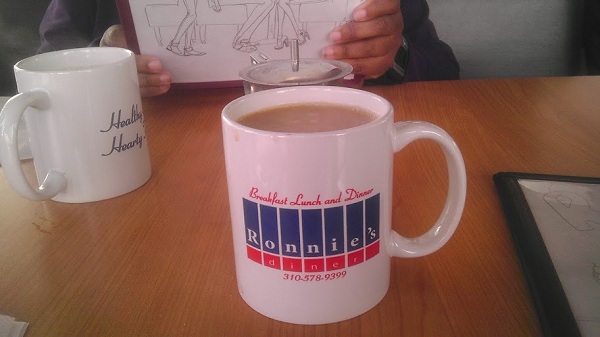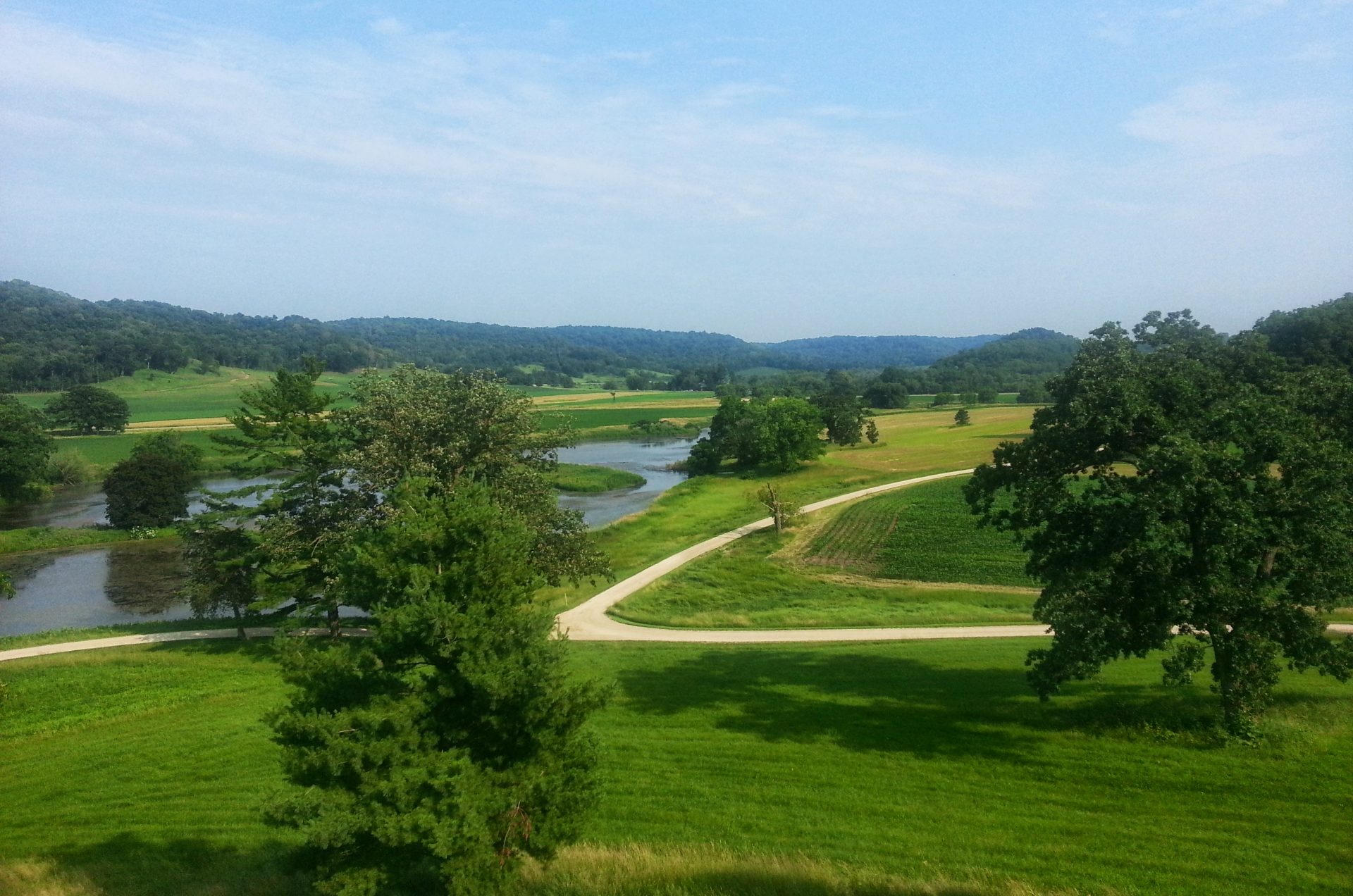Caffeinated Coffee Reduces the Risk of Oral Cancer?
Posted on
The coffee is always good at Ronnie’s Diner
Yes, I am delighted to say, according to a new study.
A new American Cancer Society study finds a strong inverse association between caffeinated coffee intake and oral/pharyngeal cancer mortality. The authors say people who drank more than four cups of caffeinated coffee per day were at about half the risk of death of these often fatal cancers compared to those who only occasionally or who never drank coffee. The study is published online in the American Journal of Epidemiology. The authors say more research is needed to elucidate the biologic mechanisms that could be at work.
Previous epidemiologic studies have suggested that coffee intake is associated with reduced risk of oral/pharyngeal cancer. To explore the finding further, researchers examined associations of caffeinated coffee, decaffeinated coffee, and tea intake with fatal oral/pharyngeal cancer in the Cancer Prevention Study II, a prospective U.S. cohort study begun in 1982 by the American Cancer Society.
The findings are novel in that they are based specifically upon fatal cases of oral/pharyngeal cancer occurring over a 26-year period in a population of prospectively-followed individuals who were cancer-free at enrollment in Cancer Prevention Study II.
“Coffee is one of the most widely consumed beverages in the world, and contains a variety of antioxidants, polyphenols, and other biologically active compounds that may help to protect against development or progression of cancers,” said lead author Janet Hildebrand, MPH. “Although it is less common in the United States, oral/pharyngeal cancer is among the ten most common cancers in the world. Our finding strengthens the evidence of a possible protective effect of caffeinated coffee in the etiology and/or progression of cancers of the mouth and pharynx. It may be of considerable interest to investigate whether coffee consumption can lead to a better prognosis after oral/pharyngeal cancer diagnosis.”
Further study is needed, but I say a win-win if the results are supported by the evidence!



